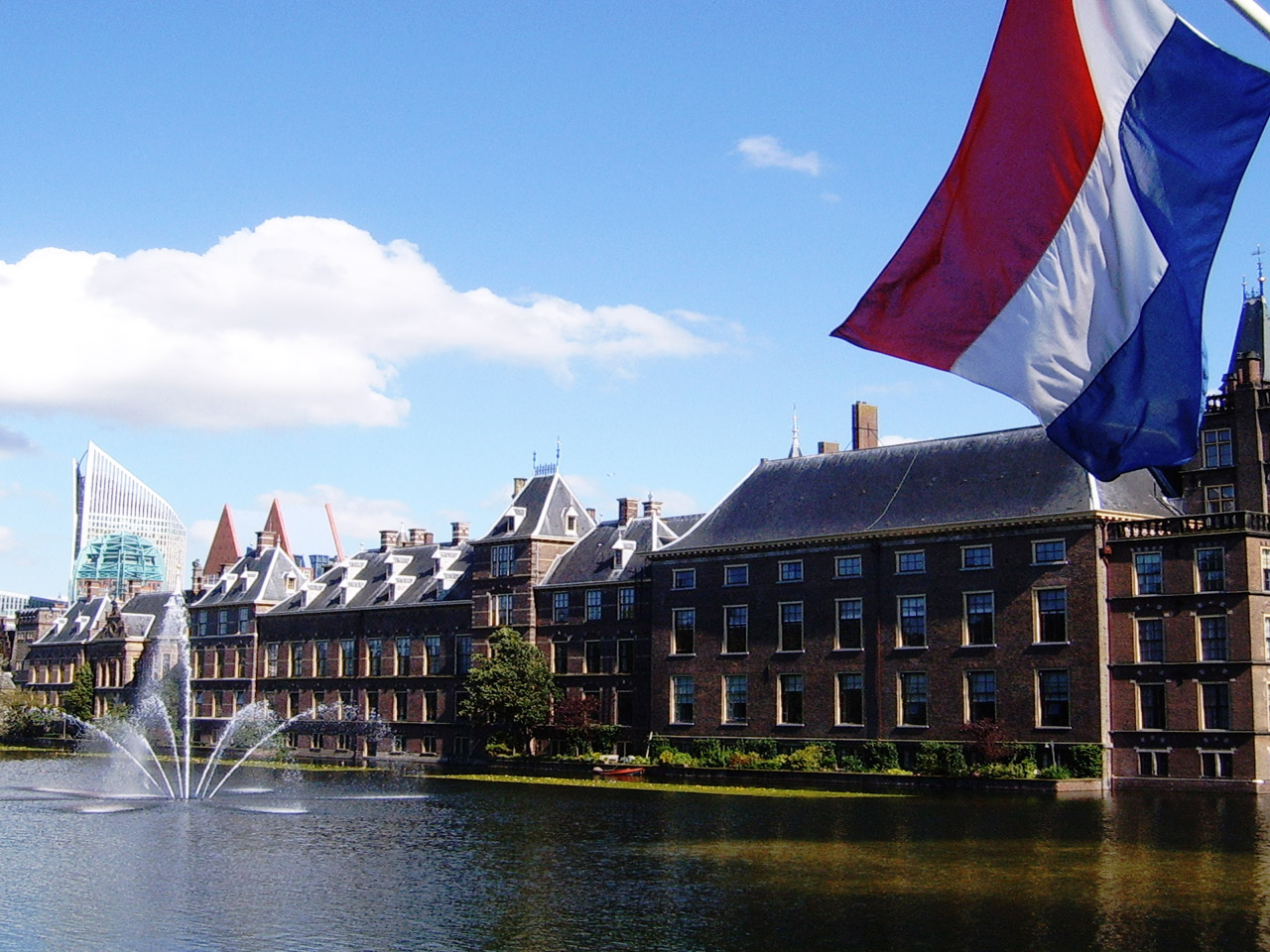

Global Business Magazine, October 2011 – The Dutch cooperative association (“coop”) is not a well-known tool in international tax structures. This is not surprising since the coop was introduced in the 19th century with an altogether different purpose in mind.
A cooperative association (coop) is an association of members that aims to generate profits or cost savings for its members. This legal entity has historically most frequently been used by farmers. Rabobank is a bank in the Netherlands that has been set up as a cooperative of farmers, the intention being to facilitate affordable banking for farmers and pass any profits of the bank on to farmers. Coöperatieve Zuivelfabrieken is another example. This is a dairy processing factory which the farmer-members use to process their dairy products rather than process it themselves or be dependent on a third party. The idea originates from a certain scepticism towards capitalism; a cooperative would provide a bulwark against unscrupulous profit seeking industry-outsiders.
The cooperative was never very popular but was rediscovered a decade ago as a vehicle that can be used in international tax structuring, which is based on the attractive feature that it not subject to dividend withholding tax on distributions to its members, since the dividend withholding tax in the Netherlands only applies to entities with a share capital. It is subject to Dutch corporation tax. The cooperative association largely has the same features as a normal member’s association: it needs at least two members, a board of directors, and there are virtually no restrictions in drafting articles of association, unlike those of a company limited by shares. However an annual meeting of members is required and financial statements need to be presented to the members. The coop is different from a regular association in the following ways:
It needs to appoint a supervisory board;
It always needs to be registered at the chamber of commerce and the articles need to be prepared by a notary;
It is allowed to generate profits or cost savings for its members;
It always needs to file publish its annual accounts.
The liability of the members for the debts of the coop can be unlimited, or limited in the articles, or excluded altogether. In the latter case a list of members doesn’t need to be filed with the chamber of commerce.
Since there is no withholding tax on distributions to the members the members could be located in an offshore jurisdiction with which the Netherlands does not have a tax treaty. If a member is located in an EU country the distribution will benefit from the provisions of the parent subsidiary directive, since the coop is one of the legal entities listed in the directive. For distributions to other countries it should be verified that distributions from a Dutch coop will benefit from any participation exemption in the member’s country in the same way as dividends. Curaçao for instance is such a country.
There is one pitfall in particular to beware of for a foreign member of a coop. If a foreign entity holds a substantial interest (an interest of 5% or more) in a Dutch entity (including a coop) which is not regarded as a part of that foreign entity’s business assets then any income or gains derived from this interest will be subject to the Dutch corporate tax rate of 25%. This is an issue in particular if a member is located in a non-treaty country or outside the EU, because in that case there is no lower treaty rate to reduce the above rate. In order for a member to avoid the corporation tax charge it is important to show some level of active involvement by the member in managing the activities of the coop so that it is not regarded as merely holding a passive investment.
As far as incoming dividends and capital gains are concerned the following is relevant. Coopertives can fully benefit from the generous Dutch participation exemption, which applies to shareholdings of 5% or more and does not require that the subsidiary is subject to tax as long as it is not passive, and remarkably real estate investments are not regarded a passive. Because the coop is listed as one of the entities that qualify for the EU parent subsidiary directive there should not be any dividend withholding tax in the remitting country. Several EU member states however have retained the right to levy withholding tax based on domestic anti-abuse legislation. For subsidiaries based in non-EU countries the qualification of the Dutch coop as a corporate legal entity for tax treaty purposes becomes an important issue and the domestic regulations will have to be taken into account.
A properly planned and executed coop structure however can reduce the costs of an holding structure because entities in intermediary jurisdictions can be eliminated while at the same time taking advantage of the Dutch participation exemption and using the broad and favourable network of Dutch tax treaties, which for many items of income provide exemptions rather than tax credits.
Adriaan Struijk, MSc, TEP, Chairman Freemont Group
This article appeared in Global Business Magazine, October 2011.